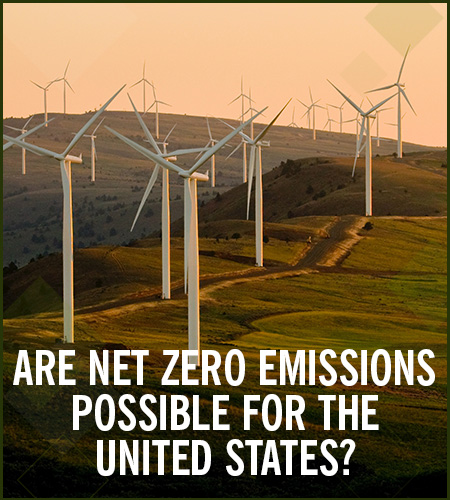Pre-Holiday Optimism Lifts Markets
The Weekly Update
Week of November 25th, 2024
By Christopher T. Much, CFP®, AIF®
Stocks advanced last week, powering ahead with pre-holiday optimism despite geopolitical tensions and two disappointing Q3 corporate updates.
The Standard & Poor’s 500 Index rose 1.68 percent, while the Nasdaq Composite Index gained 1.73 percent. The Dow Jones Industrial Average led, picking up 1.96 percent. The MSCI EAFE Index, which tracks developed overseas stock markets, was flat (-0.05 percent).
Stock Push Ahead
Stocks showed mixed results during the first half of the week due to geopolitical tensions that boosted precious metals and put pressure on Treasury yields.
The Dow Industrials jumped out in front midweek and never looked back. Disappointing earnings on Tuesday from a large box retailer held back some gains in the broader S&P 500. A mixed Q3 update report from the nation’s leading AI chipmaking company also tempered gains a bit.
Year-end optimism, especially around consumers driving a healthy …



